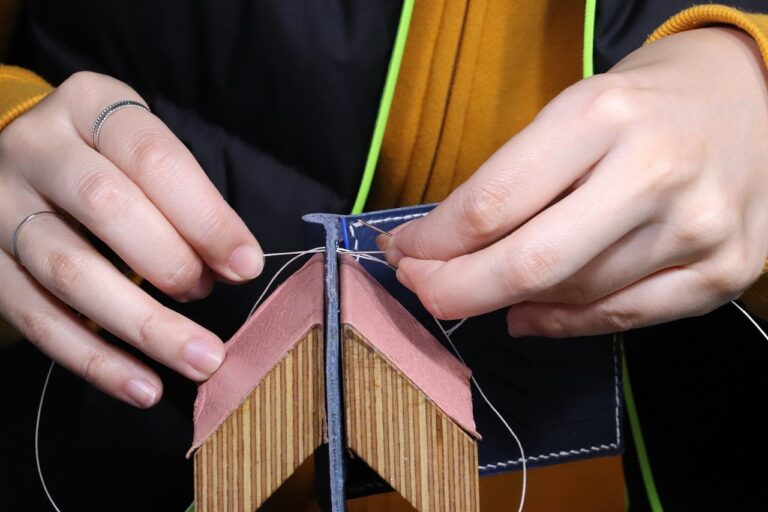Environmental Conservation Education: Inspiring Sustainable Action
Environmental conservation education plays a vital role in shaping the mindset and behavior of individuals towards protecting the planet. By instilling a sense of responsibility and awareness about environmental issues from a young age, future generations can develop a strong foundation for sustainable practices. Education on conservation not only empowers individuals to make informed decisions but also fosters a sense of stewardship towards the environment.
Through environmental conservation education, individuals are equipped with the knowledge and skills needed to address pressing environmental challenges such as climate change, deforestation, and biodiversity loss. Understanding the interconnectedness of all living organisms and ecosystems, students can appreciate the importance of preserving natural resources and promoting a healthy planet for all. Empowering individuals with the tools to advocate for conservation efforts and implement sustainable solutions is essential in creating a more environmentally conscious society.
Understanding the Role of Education in Promoting Sustainability
Education plays a crucial role in promoting sustainability by instilling an understanding of environmental issues and the importance of conservation practices in individuals from a young age. By incorporating topics related to sustainability and conservation into educational curriculums, students are equipped with the knowledge and skills needed to make informed decisions that can contribute to a more sustainable future.
Furthermore, education helps raise awareness about the interconnectedness of human actions and the environment, emphasizing the need for responsible and sustainable practices in various aspects of life. Through education, individuals can develop a sense of environmental stewardship and a commitment to implementing eco-friendly solutions in their daily lives and communities, ultimately working towards a more sustainable and harmonious relationship with the natural world.
Education instills an understanding of environmental issues and conservation practices
Incorporating sustainability topics into curriculums equips students with knowledge and skills
Raises awareness about the interconnectedness of human actions and the environment
Promotes responsible and sustainable practices in various aspects of life
Develops a sense of environmental stewardship and commitment to eco-friendly solutions
Incorporating Conservation Principles into Educational Curriculum
It is crucial for educational institutions to prioritize the integration of conservation principles into their curriculum at all levels. By incorporating these principles, students can develop a deeper understanding of the environmental issues our planet faces and the importance of conservation efforts. This educational approach fosters a sense of responsibility and sustainability among future generations, empowering them to become active contributors to preserving the environment for years to come.
One effective way to incorporate conservation principles into educational curriculum is through interdisciplinary learning. By connecting subjects such as science, geography, and social studies with environmental conservation themes, students gain a holistic perspective on the interconnectedness of human activities and the natural world. This approach not only enhances academic knowledge but also cultivates a sense of environmental consciousness and encourages students to explore innovative solutions to environmental challenges.
Why is it important to incorporate conservation principles into educational curriculum?
Incorporating conservation principles into educational curriculum helps students understand the importance of environmental conservation and sustainability, and empowers them to make informed choices that benefit the planet.
How can education promote sustainability?
Education can promote sustainability by raising awareness about environmental issues, teaching responsible stewardship of resources, and inspiring individuals to take action to protect the environment.
What are some ways conservation principles can be integrated into educational curriculum?
Conservation principles can be integrated into educational curriculum through hands-on activities, field trips to conservation sites, guest lectures from environmental experts, and incorporating sustainability topics into existing subjects such as science and social studies.
How can schools and educators ensure that conservation principles are effectively taught to students?
Schools and educators can ensure that conservation principles are effectively taught to students by providing resources and training for teachers, creating a school-wide culture of sustainability, and incorporating real-world examples of conservation efforts into lesson plans.
What are the long-term benefits of incorporating conservation principles into educational curriculum?
The long-term benefits of incorporating conservation principles into educational curriculum include raising environmentally-conscious citizens, fostering a culture of sustainability, and contributing to the preservation of natural resources for future generations.







